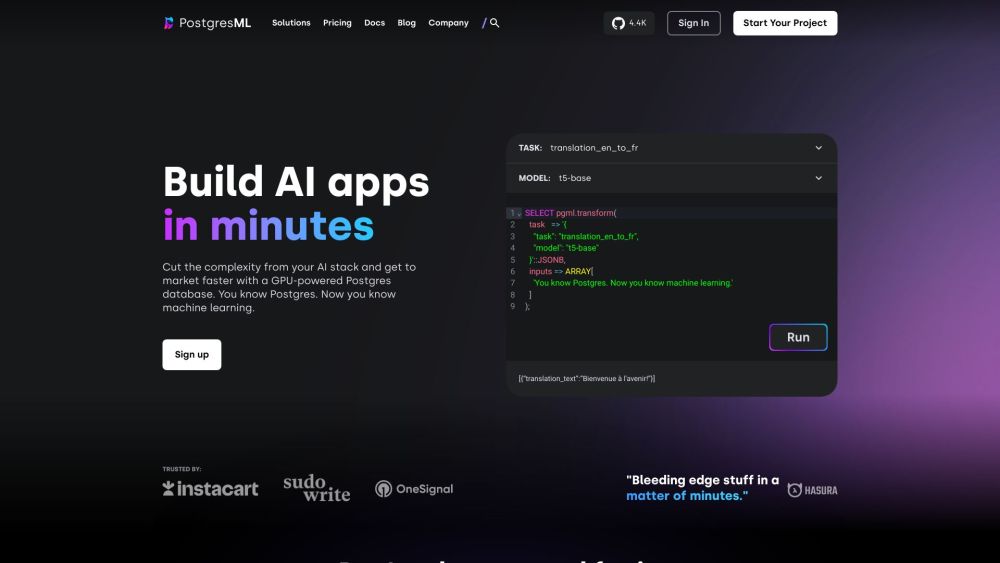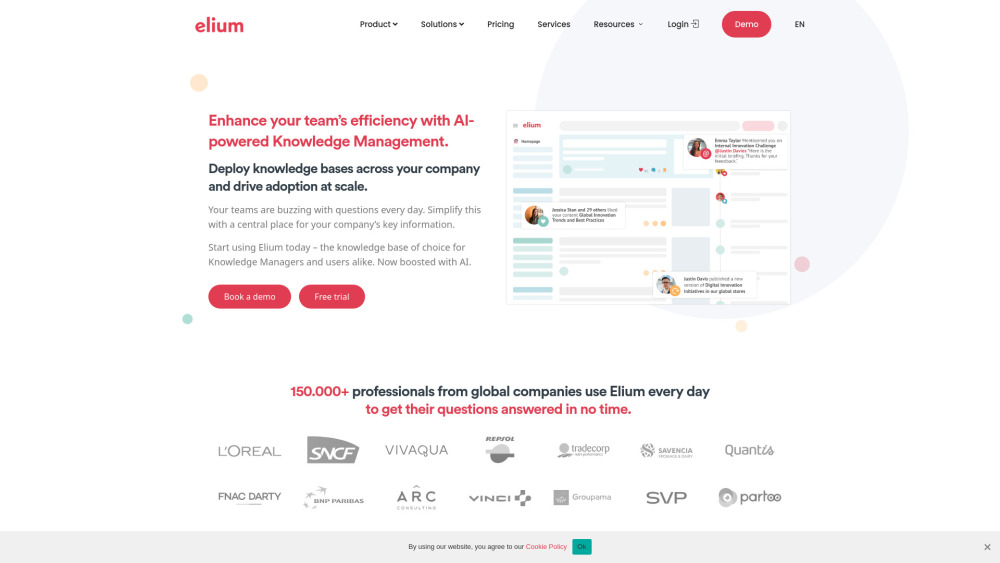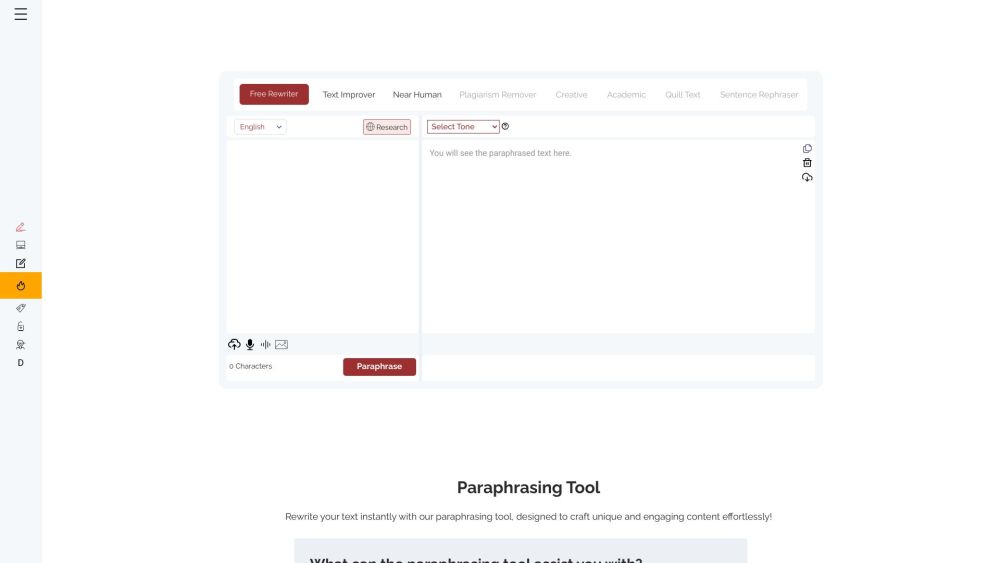The launch of the ChatGPT chatbot in November 2022 was a landmark moment for artificial intelligence (AI), setting 2023 as a pivotal year for technological advancements. The vibrant open-source environment and the rise of multimodal models have accelerated AI research, leading to a maturation of public attitudes toward this technology. Industry experts anticipate several key trends for AI in 2024. Here are five significant developments to monitor:
1. Rapid Evolution of Generative AI
The second half of 2022 sparked a surge of interest in generative AI, particularly with the introduction of AI image generation software alongside ChatGPT. This momentum continued into 2023, with search interest in "generative AI" skyrocketing. Previously, many AI applications focused on predictive analytics, forecasting trends based on existing data. In contrast, generative AI employs machine learning to grasp patterns from training data and produce original content. Henry Adjer, an expert in generative AI and Deepfake technology, suggests we are in the early stages of this technological revolution. He predicts that synthetic media will become commonplace across various sectors, driving innovations in entertainment, education, and supply chains.
2. Transition to Multimodal AI Models
Conventional AI models typically addressed single-modal information processing. However, recent advancements in multimodal deep learning now allow for the interconnected analysis of diverse data types. This enables models to "translate" between text, images, videos, and audio. The growing fascination with multimodal models has significantly enhanced user interactions with AI. Google’s Gemini model, launched in December 2023, gained attention for its real-time image recognition and multimedia generation capabilities, although its promotional presentations raised questions regarding authenticity.
3. AI Integration Across Industries
Many professionals now rely on AI tools like ChatGPT as essential assistants in their work. At the World Economic Forum, OpenAI CEO Sam Altman emphasized that AI's technological revolution is unprecedented; it's not about replacing jobs, but rather enhancing productivity. As we head into the future, acquiring new skills tailored to AI will be crucial for workers to thrive.
4. Enhanced Personalization Through AI
In recent years, personalized content recommendations on social media and video platforms have captivated users, driven by sophisticated algorithms that anticipate preferences. AI is facilitating the shift from mass communication to tailored interactions, aiming for authentic one-on-one engagement. Victor Riparbelli, CEO of AI startup Synthesia, argues that traditional mass media is becoming obsolete, as synthetic media opens doors to new, personalized communication formats that will reshape the media landscape.
5. Emerging AI Regulation
2024 is expected to be a landmark year for AI regulation. As AI technology advances, it presents new challenges for regulatory bodies. Gillian Crossan from Deloitte’s risk advisory emphasizes the renewed emphasis on "the right to be forgotten" concerning data used by large models. In December 2023, an agreement on AI regulation was reached among European Parliament representatives and EU member states. Future regulations will classify AI systems by risk levels; applications deemed riskier will face stricter oversight, with the EU aiming for these frameworks to be adopted worldwide.
As we approach 2024, these trends underscore the dynamic nature of AI and its significant impact across various sectors. Adapting to these changes will be essential for individuals and organizations alike.




